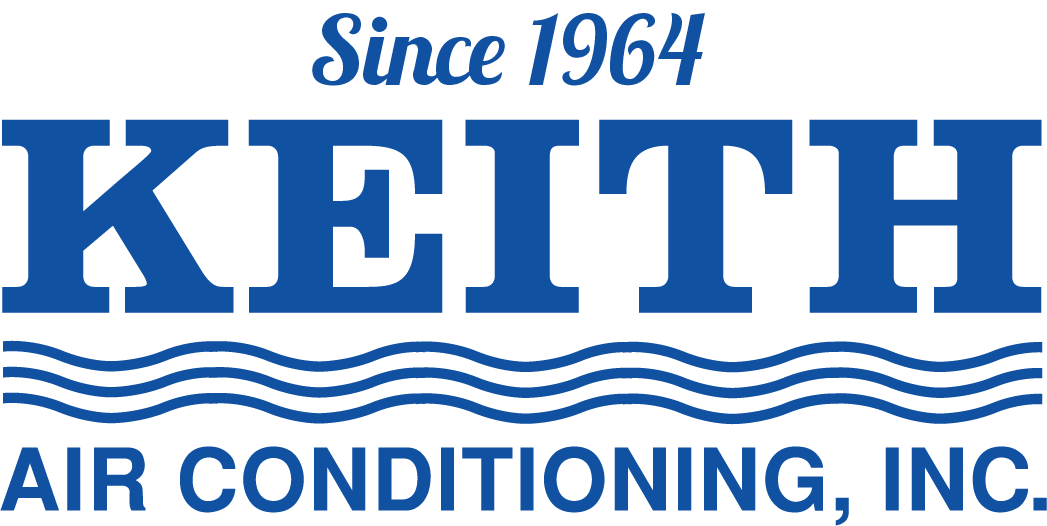Whole-house energy efficiency is a systematic approach, recognizing that each part of your home environment affects the efficient functioning of the other parts and the house overall. Viewing each part’s efficiency in isolation is like seeing your body’s health that way, and it doesn’t really work. If you have a heart condition, for example, and you ignore it because the rest of your organs are healthy, you’re in trouble. Of course, you’d soon learn that the unhealthy part can bring everything else down with it.
Similarly, your home’s cooling equipment may be rated as highly efficient, but it may not be functioning that way if ductwork is leaking and insulation is lacking. Both problems are quite common, but they’re invisible if you don’t look for them.
Basic benefits of the whole-house energy efficiency approach include:
- Lower utility and maintenance bills
- Reduction in equipment noise due to less cycling on and off
- A healthier, more comfortable indoor environment
- Saving natural resources and lowering pollution levels
- Improved HVAC equipment life span
Take action to lower your home’s energy needs with the following list of home repairs and improvements, listed in order of priority:
Air Sealing – Tightening Your Home’s Envelope
Making the house more airtight helps keep conditioned air in and uncomfortable outdoor air out. Begin your whole home efficiency effort by sealing drafts and cracks around doors and windows with weather-stripping or caulk. Also seal up/caulk wall openings around plumbing pipes, electrical outlets and vents. This reduces your heating and cooling load, doing wonders for your whole-house energy efficiency.
Ductwork – Sealing the Biggest Potential Energy-Waster in Your Home
Stop paying to heat and cool the outdoors and sucking unconditioned outdoor air in, which is what happens with leaky ducts. Big leaks or even disconnected ductwork can exist in your duct system without you realizing it, so regular inspections are a good idea. A pro can reconnect ducts with mechanical fasteners and seal leaks with duct mastic, as well as add insulation to improve whole-house energy efficiency.
Insulation – Your Attic is Easiest and Most Effective
Roof temperatures can skyrocket and radiate heat right into the house. Save
wall and floor insulation projects for later, since they bring a lower return on investment (ROI). However, if you have elevated wood floors that feel cold or drafty in wintertime, consider adding insulation. For the Mobile area, the Department of Energy (DOE) recommends attic insulation from R-30 to R-60. R-30 is equivalent to 11 inches of rock wool or fiberglass or 8 in. cellulose. If you have that amount or less, consider adding insulation. Also insulate attic hatches, around knee walls and the attic floor.
Windows – Work From the Outside in
After air sealing around windows, add exterior shade on the east, west and south side of the house by planting trees and adding window awnings or tinted window film. The exterior options are most effective, but also use interior shading like blinds and drapery. Energy-efficient windows can be pricey, but consider them if you’re already replacing windows for another reason. Replace windows before getting a new HVAC system, since the efficient windows could lower your heating and cooling load enough to allow you to get a smaller HVAC system.
HVAC – Improving the Performance of Heating and Cooling Systems
Keep your home comfort system running like new by scheduling annual professional maintenance. This will help catch minor problems before they cause a breakdown and keep your system tuned up, properly cleaned and oiled to work at its best. Be sure to replace air filters often, clean condenser coils, straighten coil fins and clean condensate drain lines.
Your HVAC technician should check the refrigerant level and pressure test for A/C leaks. He or she should also measure the home’s airflow and verify proper function of electrical controls. If your heating and cooling system is old or undependable, think about an upgrade to a new, more efficient system.
Appliances and Lighting
Replace 60-watt incandescent bulbs with compact fluorescents to reduce lighting energy use by almost 80 percent and wasted heat by nearly as much. When replacing lighting and appliances such as refrigerators, dishwashers or water heaters, choose energy-efficient models that display the Energy Star logo.
When you need HVAC or whole-house energy efficiency advice, repairs, maintenance or installation, contact the experts at Keith Air Conditioning, Inc. We proudly serve homeowners throughout Mobile and Baldwin County.

 Congratulations! You’ve just bought a brand new HVAC system! It’s state-of-the-art and energy-efficient – everything you need for your Baldwin County home. Now all you need is someone to install it. Making sure your system is installed properly is essential. So how do you ensure the technician you hire is qualified to do the job? Hire one who has been certified by North American Technician Excellence (NATE).
Congratulations! You’ve just bought a brand new HVAC system! It’s state-of-the-art and energy-efficient – everything you need for your Baldwin County home. Now all you need is someone to install it. Making sure your system is installed properly is essential. So how do you ensure the technician you hire is qualified to do the job? Hire one who has been certified by North American Technician Excellence (NATE). A reliable HVAC system is important in the Mobile area, to make sure your home stays comfortable all year long. But a lot of people don’t know how to treat their HVAC system properly. They don’t take care of it, and as a result, it wears out more quickly than it should, costing a lot of extra money. How can you make your furnace or A/C last as long as possible and continue to operate efficiently?
A reliable HVAC system is important in the Mobile area, to make sure your home stays comfortable all year long. But a lot of people don’t know how to treat their HVAC system properly. They don’t take care of it, and as a result, it wears out more quickly than it should, costing a lot of extra money. How can you make your furnace or A/C last as long as possible and continue to operate efficiently?